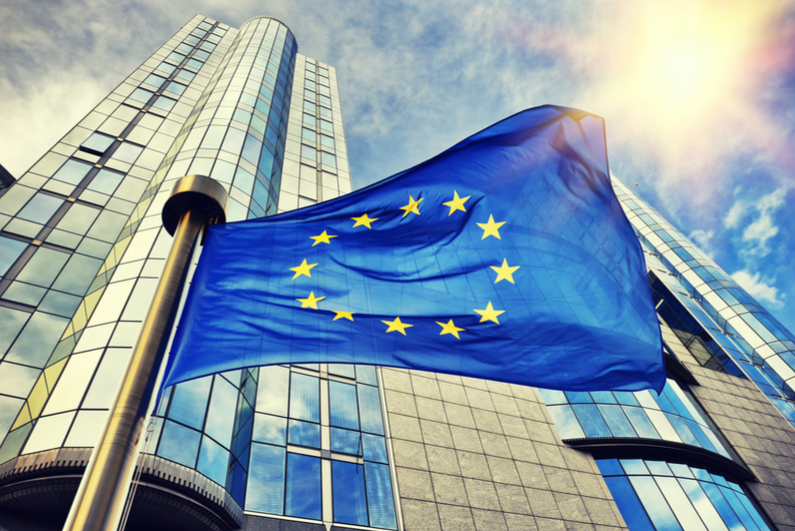The director of the Belgium Gaming Commission Peter Naessens is going to be the leader of a new project to standardize online gambling regulations across the continent.
The team will be part of the European Committee for Standardization. Numerous industry bodies and regulators are coming together to create rules for compliance and reporting that will become standard in the industry.
Their overarching goal is to implement standards on the sort of data the online gambling operators need to send to their respective regulators, as well as the manner in which they do it. The group responsible for setting these standards is the Technical Committee 456.
Upcoming plans of the committee
The committee was created after the CEN began a new standardization activity for online gambling providers. It has the task of “Reporting in support of online gambling supervision.” The first meeting will be in Paris on November 21. AFNOR, the French member of the CEN, will act as the secretariat.
The impetus for creating this committee came from a request by the European Commission. It was labeled “Standardization request to the ‘European Committee for Standardization’ as regards a European standard on reporting in support of supervision of online gambling services by the gambling regulatory authorities of the Member States.”
What is the committee’s task?
Currently, member states of the European Union’s regulatory authorities are in charge of supervising online gambling activities in the region. This is done through information reported by the operators or the software suppliers about online gambling.
Standards are currently lacking and need to be improved. This project will develop new requirements for the reporting of online gambling. This will help improve levels of consumer protection, game fairness, transparency of operations, and identifying and stopping match-fixing and other forms of fraud.
The committee will identify key core data that is common between the parties to help with the reporting process. This reporting will become significantly more efficient and the sharing of relevant data throughout Europe will be streamlined.
Gambling regulators, operators, consumers associations, and gaming suppliers are encouraged to give some feedback on this project. They can lend their expertise and guidance on how best the group can create these new standards.
Is there a need for these measures?
Storing and transferring data is more important now than ever before. There are risks involved. A third party is often used to facilitate these transfers. The receiver of this data is trusted to store it appropriately. Not giving more data than necessary helps to mitigate some of this risk.
Currently, operators and suppliers in the gambling industry send large batches of data to the authorities to meet compliance requirements. Operators do not need a lot of this data, but it is sent because the operators want to overcompensate and not leave anything to chance. The current compliance rules and system are somewhat antiquated and unclear.
The new committee will work to fix these issues. Clear-cut compliance requirements will be in effect and data that is compulsory will be described clearly and concisely. New standards will be a big help to all parties concerned.




